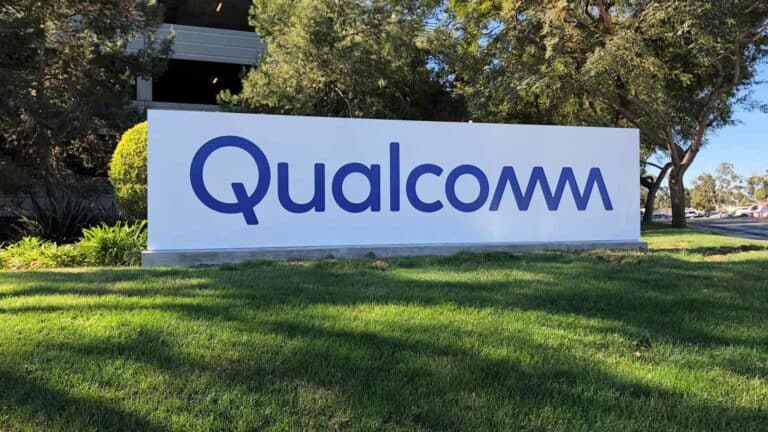In late September, news suddenly appeared that Qualcomm wanted to acquire Intel. Now, it seems that interest has already cooled.
Qualcomm had previously indicated through sources that it was waiting for the outcome of the U.S. elections to decide on its next move. But now the already unlikely deal seems off the table. According to anonymous Bloomberg sources, the complexity of the potential takeover has acted as a repellant to an official approach to buy Intel.
Actually never real
That shouldn’t surprise anyone. At the time of the initial rumour in September, we were already deeply sceptical for multiple reasons. Qualcomm was worth about $180 billion and Intel just about topped $90 billion. With that ratio, a complex merger together with a third party might have been possible but would have been tough, regardless of other stumbling blocks we will name below. But while Qualcomm has remained stationary at its market value of $176.45 billion at the time of writing, Intel is a lot more expensive than before. As of early November, Intel has again gone above a $100 billion market cap. Given acquisition deals often require a premium on top of this to convince major shareholders, the challenge to get Intel wholecloth would have been enormous.
But there have indeed been stranger M&As in the past. Qualcomm, however, had more than enough reasons to forgo a deal back in September. For one, it would have depended on AMD to keep the x86 license legally intact, because the Intel acquisition would have broken up the agreement between the two parties (which lumps together x86-64 IP for just Intel and AMD). A clause in the license speaks of its dissolution after a “change of control” with respect either party. It deterred potential buyers from an AMD takeover when that company was in trouble a decade ago.
In addition, you have to wonder what Qualcomm would be doing with Intel at all. Apart from knocking out its largest competitor in the PC space (in which Qualcomm’s Snapdragon X chips have barely made an impression), it’s a move into legacy tech that is completely unlike Qualcomm’s general businesses. To put it bluntly: there’s no world in which Intel occupies its core business, which is mobile SoCs and modems.
Read back: No, Qualcomm will not acquire Intel
On top of all this, antitrust approval had been very difficult. The U.S. government under Donald Trump might not even have been the biggest roadblock, but rather China, which would have had no reason to green light the theoretical American tech giant without major concessions. On top of that, it is doubtful how the British CMA and the European Union competition authority would have reacted to an Intel-Qualcomm combination. After all, we’re talking about a combined company that dominates both the mobile chip market as well as the laptop and desktop world, not to mention Intel’s strong presence in data center CPUs.
CEO says off
Cristiano Amon, CEO of Qualcomm, says no “big acquisition” is in the offing. Officially, his company has never discussed the Intel deal that now appears to be off the table. But through unnamed sources, the interest from Qualcomm stemmed primarily from Intel’s design division, not Intel Foundry, which has been operating independently as a chip maker for a few years. Nevertheless, a buyout of both would have been required.
This should not distract from the fact Intel is still in a tough place. While it has signed a number of contracts with Microsoft and the U.S. government, among others, its market value is still down 50 percent since last year. The fact that Qualcomm doesn’t seem like its saviour makes sense. But nothing suggests that Intel is genuinely on the road to recovery just yet. In the longer term, it wants to emerge as a formidable competitor to TSMC and continue to lead AMD. Nvidia is also in its sights in the AI chip market, but in that area, Intel has yet to emerge as a proper rival.
Also read: Intel’s U.S. CHIPS Act subsidy slims down to $8 billion
